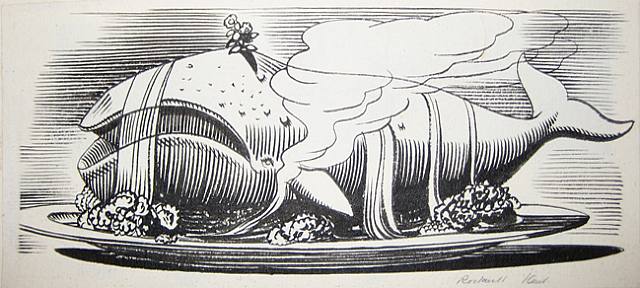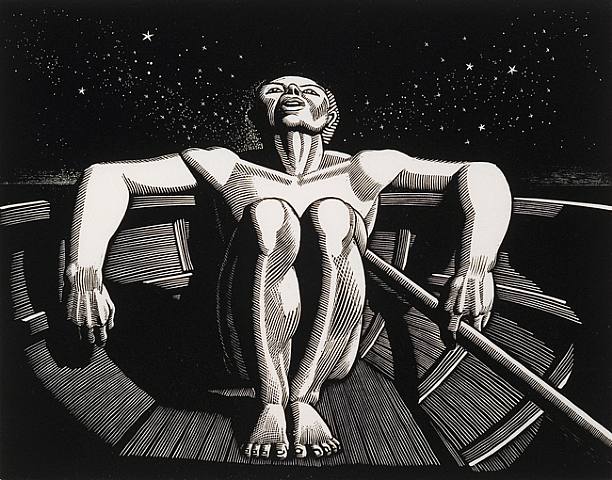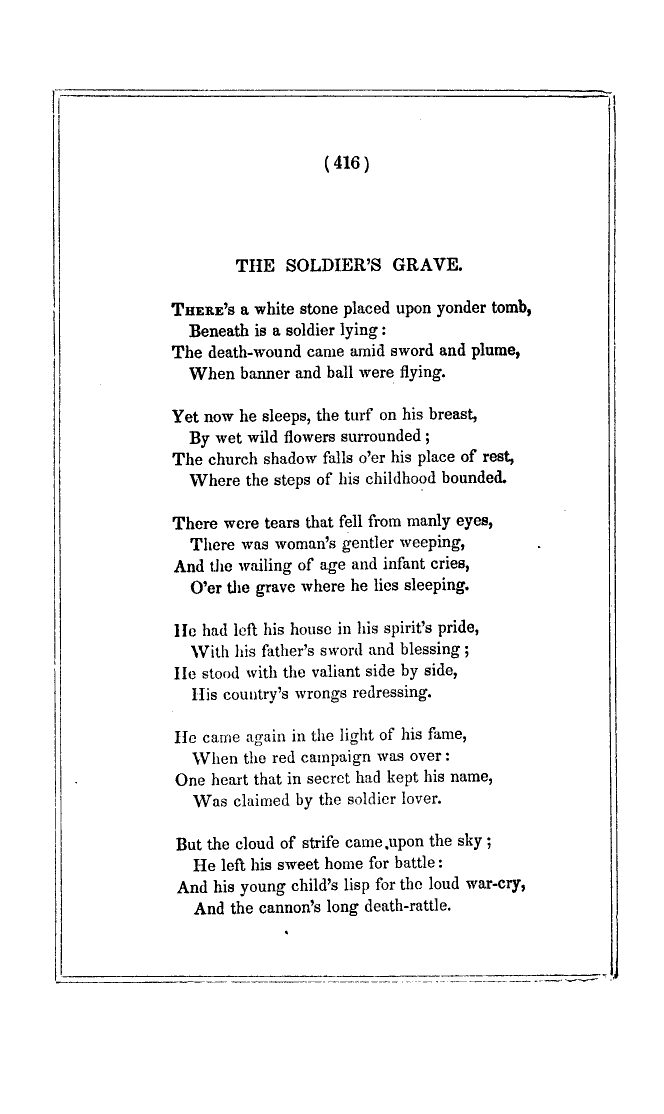![]()
The Charlotte News
Thursday, March 25, 1943
FOUR EDITORIALS
![]()
![]()
Site Ed. Note: Informing the confusion of the day before, the front page reports that the Eighth Army had been thrown back to the Mareth Line from its advance positions along the coast. No report was received on the status of the pincer which had approached to the north of the Mareth Line, to within eight miles of El Hamma.
In the El Guettar sector, Patton's forces gained the last heights before the coastal plain, as well as wresting control of the remaining Axis supply routes between Maknassy and the coastal objective at Gabes.
The remainder of the reported activity in Tunisia consisted of bombing raids on Axis airdromes and infantry targets.
Captain Richard Jenson, aide-de-camp to General Patton--a young man without vices, on April 1 to become among the victims of a cruel and indiscriminately killing war machine when a bomb exploded in a colonel's headquarters to which he was visiting--informed a reporter that the General had visited the troops fighting at the front in the mountains east of El Guettar, the front lines being where General Patton often spent his time, underscoring his belief that generals must be willing to risk their hides alongside the soldiers fighting under their command.
While awaiting aside a command vehicle in Sened station, reported Captain Jenson, three Messerschmitts flew overhead at an altitude of only 150 feet. Fearful that the planes were about to strafe their position, everyone dove for cover. Everyone, including General Patton, though not the first, but yet not the last, to do so.
He was equal as well to the infantry soldier in wishing to save his hide from enemy bullets.
After the report of Captain Jenson appeared in the press, the record becomes strangely silent as to how the General reacted to being presented to the world as less than fearless, invincible, timeless, and perhaps immortal.
In any event, he never actually, they say, drew his revolver and shot at strafing Messerschmitts flying at low altitude, thereby spiriting them away with a peculiar force of will. That was George C. Scott.
But, whether or not the General may have done so successfully with respect to some Focke-Fulfs, remains, to this day, cloudy, that is to say, fuzzy.
In Russia, the Soviet Army slugged onward through mud, ice, and snow toward Smolensk in the central sector, where battle had been engaged hand-to-hand in at least one village.
In the Donets River basin to the south, the repulse of several Nazi attacks had successfully, for the time, stemmed the enemy approach to the east, across the river.
Butchers in New York City, fully 2,000 strong, whether with butcher knives drawn from their scabbards or not being not indicated, converged on meat trucks and demanded their fair share of the meat. Police chased them away. The president of the Retail Butchers Protective Association (RBPA) said that OPA restrictions on meat were unlawful, that there was no scarcity of meat, only "stupid, impractical regulations" of same imposed by the gov'rnment. In other words, he had a bone to pick because the marble was in too high ratio to the good American red beef of the things.
In the wake of French Guiana having declared its independence from Vichy, Jean Rapenne had been appointed Governor of the colony by Henri Giraud. The report indicated that M. Rapenne was acceptable to the Free French. Yet, it also stated that General De Gaulle had appointed Maurice Bertaut on Saturday to become Governor and that M. Bertaut was en route to assume his position.
The Free French and the Giraudists continued to establish tenuous and unsteady rapprochement.
And, while we would not be disrespectful to anyone’s death, other than that of Nazis, we do not quite understand how the header, "Albert N. Fall's Wife Succumbs", is quite consistent with the short story of the death of Mrs. Albert Bacon Fall, wife of the former Secretary of Interior who had been indicted and convicted for taking bribes, serving a year in jail for the offense, in connection with the Teapot Dome scandal of the Harding Administration.
At least, Mrs. Fall did not die in a fall, in some town called Grace. Or, from a slip.
Another header tells us, "Pearl Harbor Blow Film Picked as Japan's Best". Well, enough said on that one.
Slightly warmer tonight; dog still turned about, but now sniffing the ground for some odd and undisclosed reason. Maybe looking for the sheep?
On the editorial page, Samuel Grafton examines Prime Minister Churchill's speech on Sunday to the British people, viewing it as exemplary of leadership on at least three questions: the specificity of form for post-war security of the British people, endorsing the Beveridge plan; offering a Cabinet-approved, bipartisan approach to post-war demobilization and undertaking of intensive public works programs; and, finally, proposing a Council of Europe to insure future stabilization of trade and economies, to prevent the economic depression which ultimately gave rise to Hitler and the Nazi Party.
Mr. Grafton contrasts this leadership with the American approach in each area, undefined, unfocused, and flailing about largely in the dark.
Parenthetically, we note, of course, that, as there was no bombing of the United States as there had been, and would be yet, in Britain, there was no such necessity for rebuilding and public works.
In any event, he counsels leadership by the Administration, in concert with Congress, in formulating America's post-war aims in these areas.
Raymond Clapper also discusses Churchill's speech, finds it wholly apropos to the times, mixing talk of progress in the war effort with caution on its likely prolixity, adding appropriately transcendent remarks concerning the world to come after the war and the need for thinking in international terms to avert future cross-border conflicts which threaten the security of other nations.
Eleanor Bisbee, writing in The Christian Science Monitor, elicits from her memory of her visit to Russia in summer, 1939--just before Hitler’s invasion of Poland, after obtaining a neutrality pact from Stalin, and the ensuing invasion by Russia of Finland--two vignettes which she offers as probing and explicatory of the intractable mind of the average Russian citizen, here represented stoically by two Intourist bureaucrats insisting on certain strictures to her tour of the Communist country. She finds that there is little way to win an argument with a Soviet bureaucrat.
Perhaps, Adlai Stevenson, nineteen years, seven months later, while finding the lesson repeated to a point, nevertheless found the way, equally intractable in his own insistence, finally adducing the evidence as a good trial lawyer, photographically. Thus did end intractability.
"Health Crisis" tells of the prediction by Dr. Thomas Francis, Jr., professor of epidemiology at the University of Michigan, that there would likely be a flu epidemic the ensuing winter equal in virility to that of 1918. His prediction was predicated on conditions of similar urban overcrowding to that extant in 1918.
The editorial cites figures showing one physician for every 1,660 people in North Carolina in 1941, a worse ratio in South Carolina, whereas the optimum goal for the nation was one for every 1,500. The South, it says, and Rocky Mountain states lagged behind the national average even before the war. The piece urges, in light of decreased access to physicians post-Pearl Harbor, use of their services sparingly, only as necessary.
We agree. Best way to cut down health care costs. Don't go unless you are dying. If you do, as the neighbor we had nine years ago, who went in for elective knee injury at age 85 and did not emerge alive, you do so at your considerable peril.
And he had the Kaiser's plan.
"Meat on Paper" comments on the meat rationing plan, its necessity for the American people to tighten their belts to accommodate the troops abroad. It reminds that meat rationing and other forms of food rationing in Great Britain and Europe are far more strict than that measly bit of paper taped to the refrigerator door instructed in America--if, indeed, any meat could be had at all in some countries.
The piece makes it sound worse than it is, however, by suggesting a limit of two pounds. C'mon, Doc, get with the program. Three-and-a-fifth pounds of nice red hamburger--that's the deal. Throw into the meat some mushrooms on Mondays, some tomato paste on Tuesdays, an egg on Wednesdays, make a nice beef ravioli and meaty sauce for it on Thursdays, use the fifth for meatballs on Fridays--or fish, standard burgers, two quarter-pounders, on Saturdays, and for Sundays, a slab of Gouda cheese inside the remainder. A perfect week's menu. Don't forget the clarified butter and your home-grown potatoes for french fries, plucked right from the soil in your own Victory Garden outside the red-painted door. For dessert, a nice banana pudding made from the bananas on your backyard tree.
"Wasted Talent" remarks on a lecture in Charlotte by painter Rockwell Kent, counseling a utilitarian art which may be used to promote America, one accessible to the common man and woman.
We offer three samples of his work, below. More may be seen here.
We have to speculate as to whether through the perspective of "Cabin Window, Alaska", one might see Russia.
You never know.

"What further depreciates the whale as a civilized dish...", 1930

Adirondack Cabin, 1941

Drifter, 1933

L. E. Landon, 1853
![]()
![]()
![]()